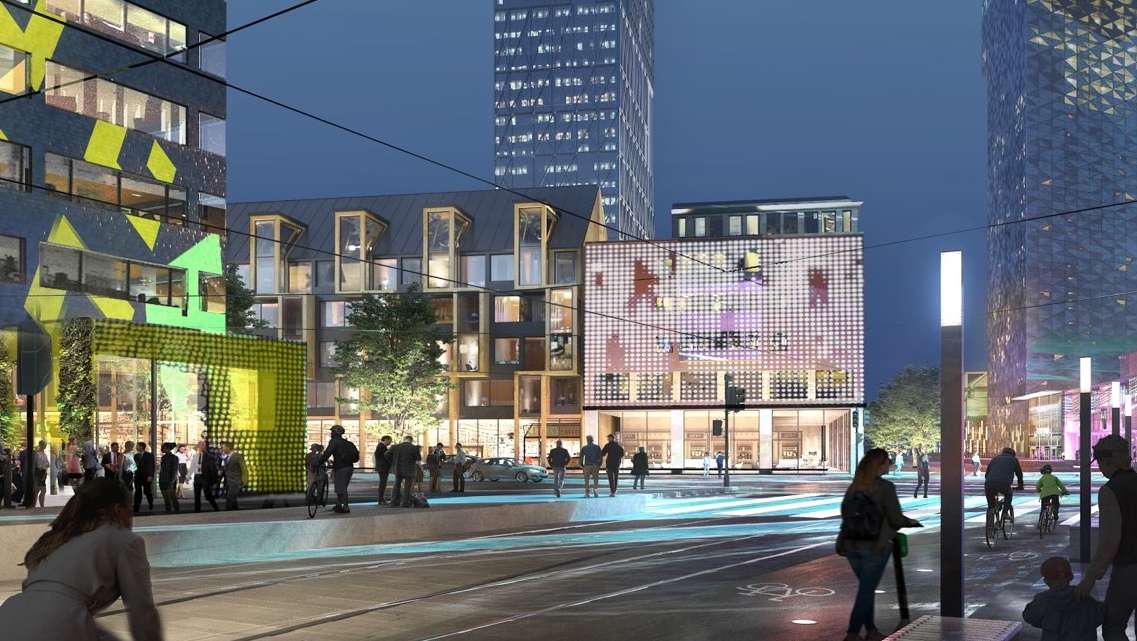The Inclusive, diverse and Accessible City
MIT and KTH, together with Tele2, aims to explore new possibilities of using telecommunication data for the benefit of the citizens.

Project name: The Inclusive, diverse and Accessible City
Project leader: Ann Legeby
Participating researcher: Daniel Koch
Participating university/company/organization: KTH, Tele2, MIT
Project duration: 2024-08-01 – 2025-12-31
Financed by: Tele2
In a world where we can study the city with real-time data as a living organism, where people are interacting with the built environment, we aim at building new knowledge for helping us to cocreate a better living environment.
Our living environments have evolved over time and can affect many aspects of our personal, social, and professional lives, both individually and collectively, even at the urban scale. Tele2’ s main goal is to act to improve people’s connectivity exploring new opportunities to bring society in the future.
By combining big data and artificial intelligence with local knowledge and strategic partnerships, we can envision a future on how can we foster inclusion and socioeconomic integration to improve people's well-being.
-
Segregation and unequal living conditions are urgent contemporary challenges that are threatening sustainability and social cohesion in society. Unequal living conditions and unequal access to urban opportunities have proved to have negative consequences such as segregation. The ongoing expansion of Stockholm is an opportunity to develop a more socially sustainable city, characterized by reduced segregation and more equal living conditions.
-
In 2016 the city initiated the Commission for a Social Sustainable Stockholm with several recommendations and strategies aimed at creating more inclusive and less segregated capital.
-
However, the development has continued in an undesired direction. The City of Stockholm has acknowledged the growing gap between social groups as well as increased social polarization. Residential segregation has increased in terms of socio-economic and ethnic aspects. Interventions have proved to be insufficient.
-
The City of Stockholm is about to update the Commission for a socially sustainable Stockholm and has recently launched a Climate Roadmap with an explicit focus on urban justice – the city intends to take on more vigorous action to turn the negative development. The Järva area, including for example Kista, is a target location for the city’s work and will be in focus for this project.
